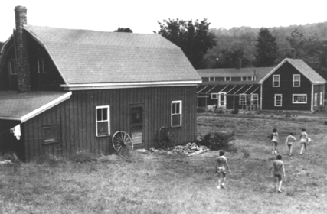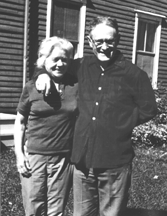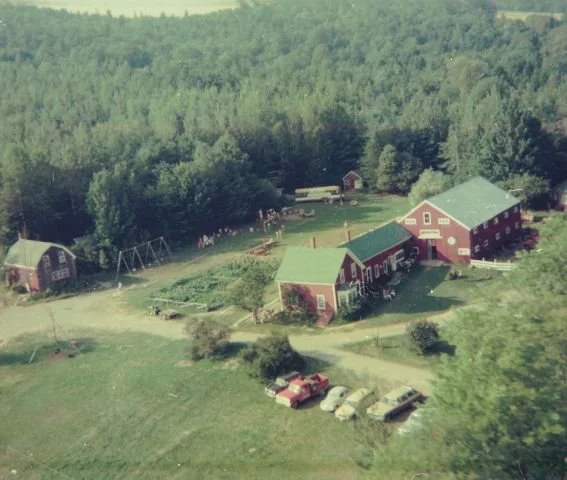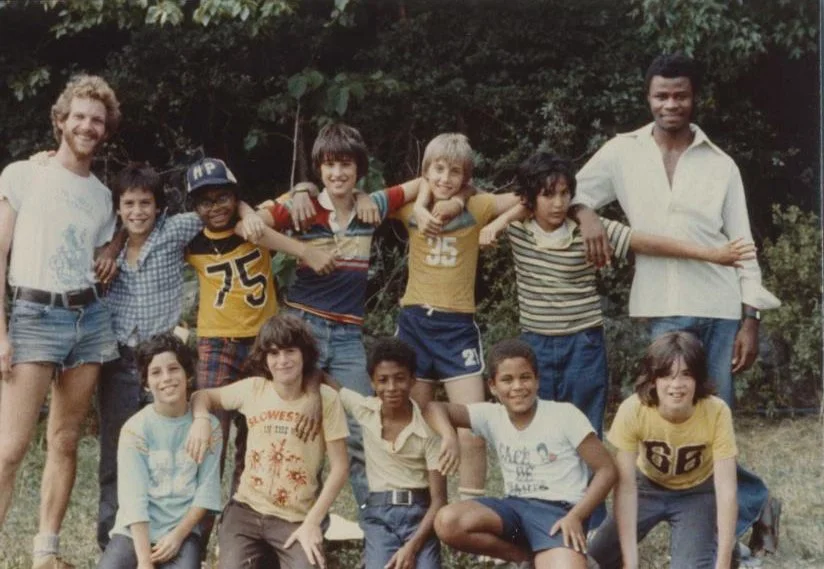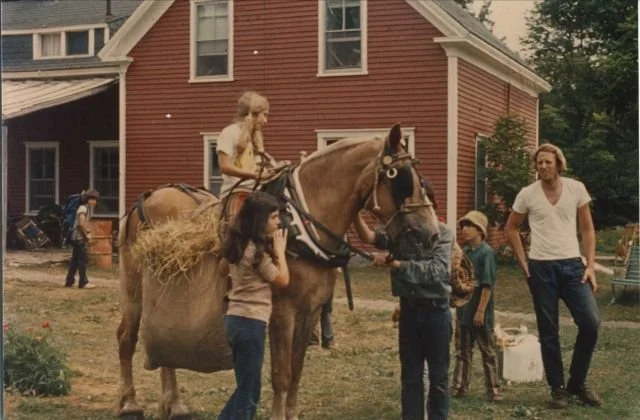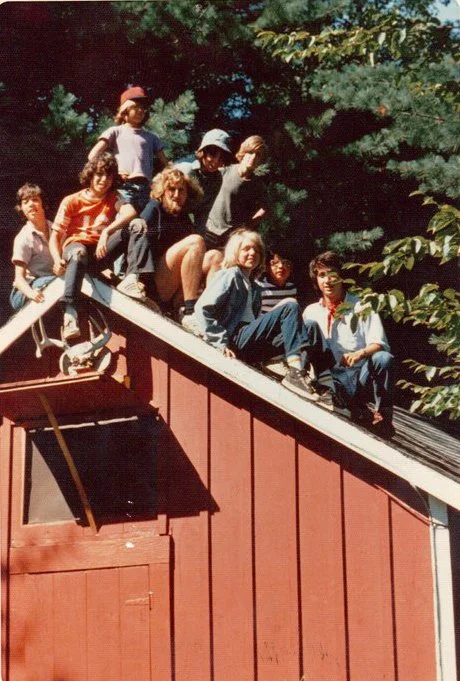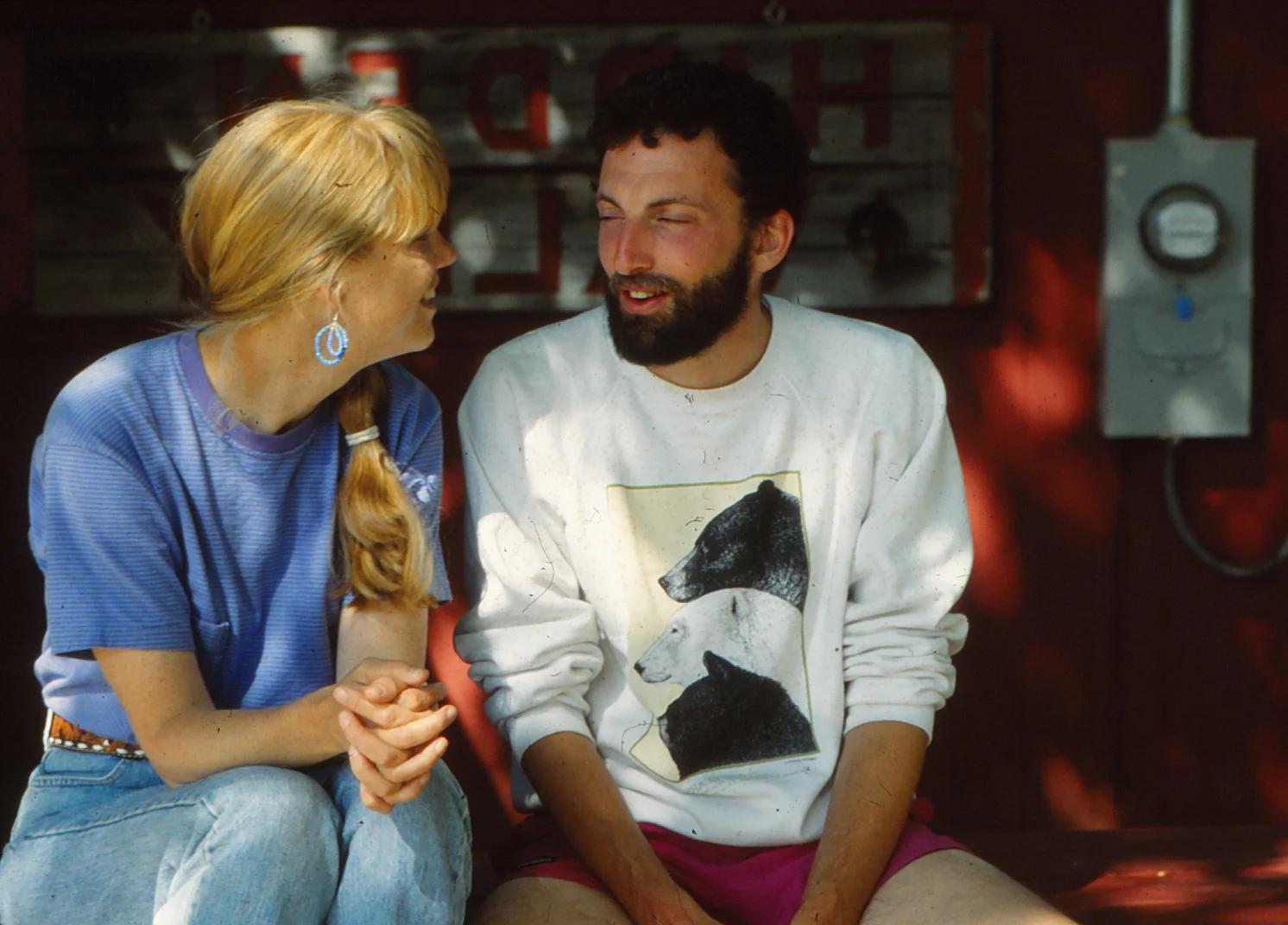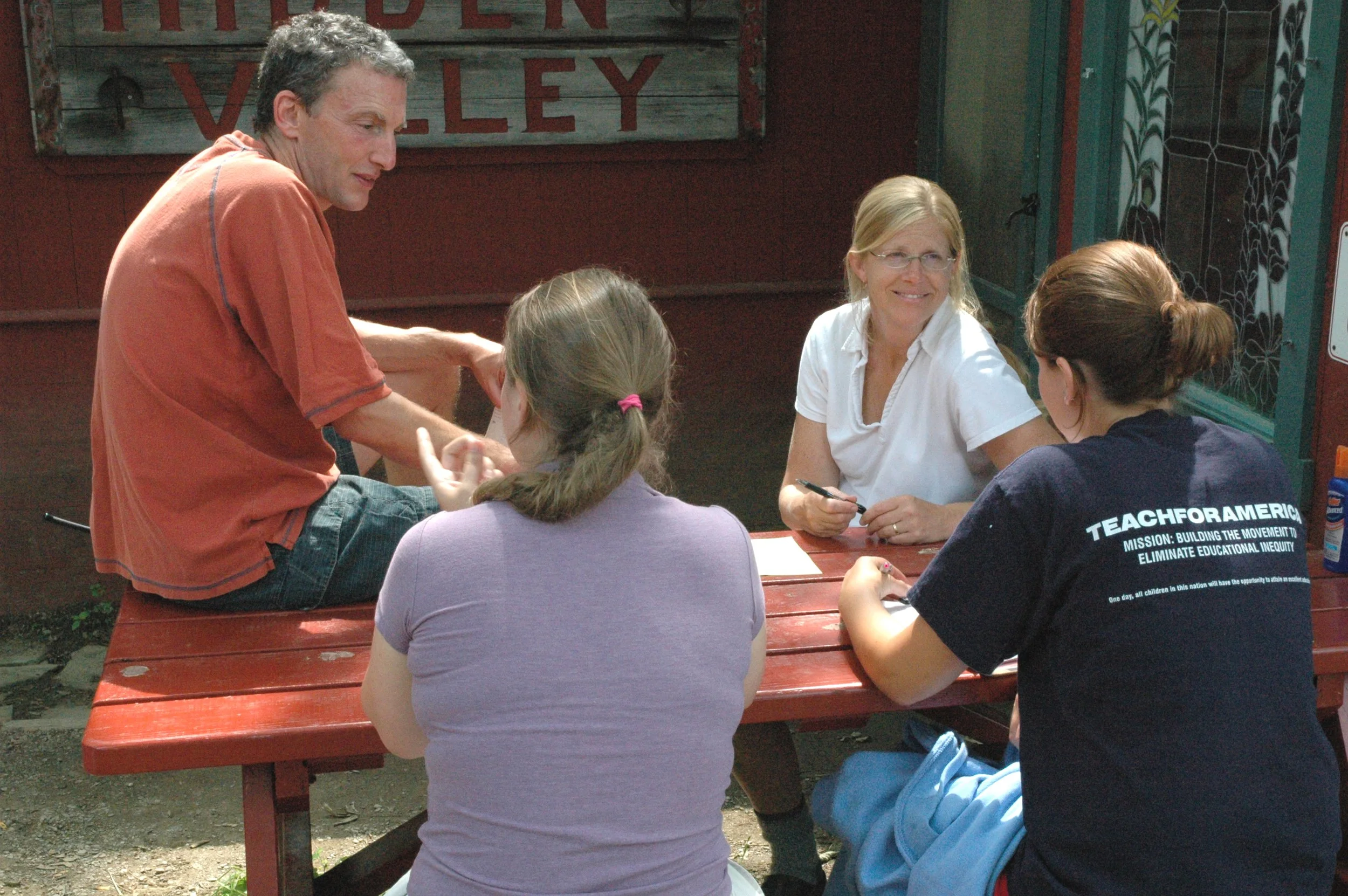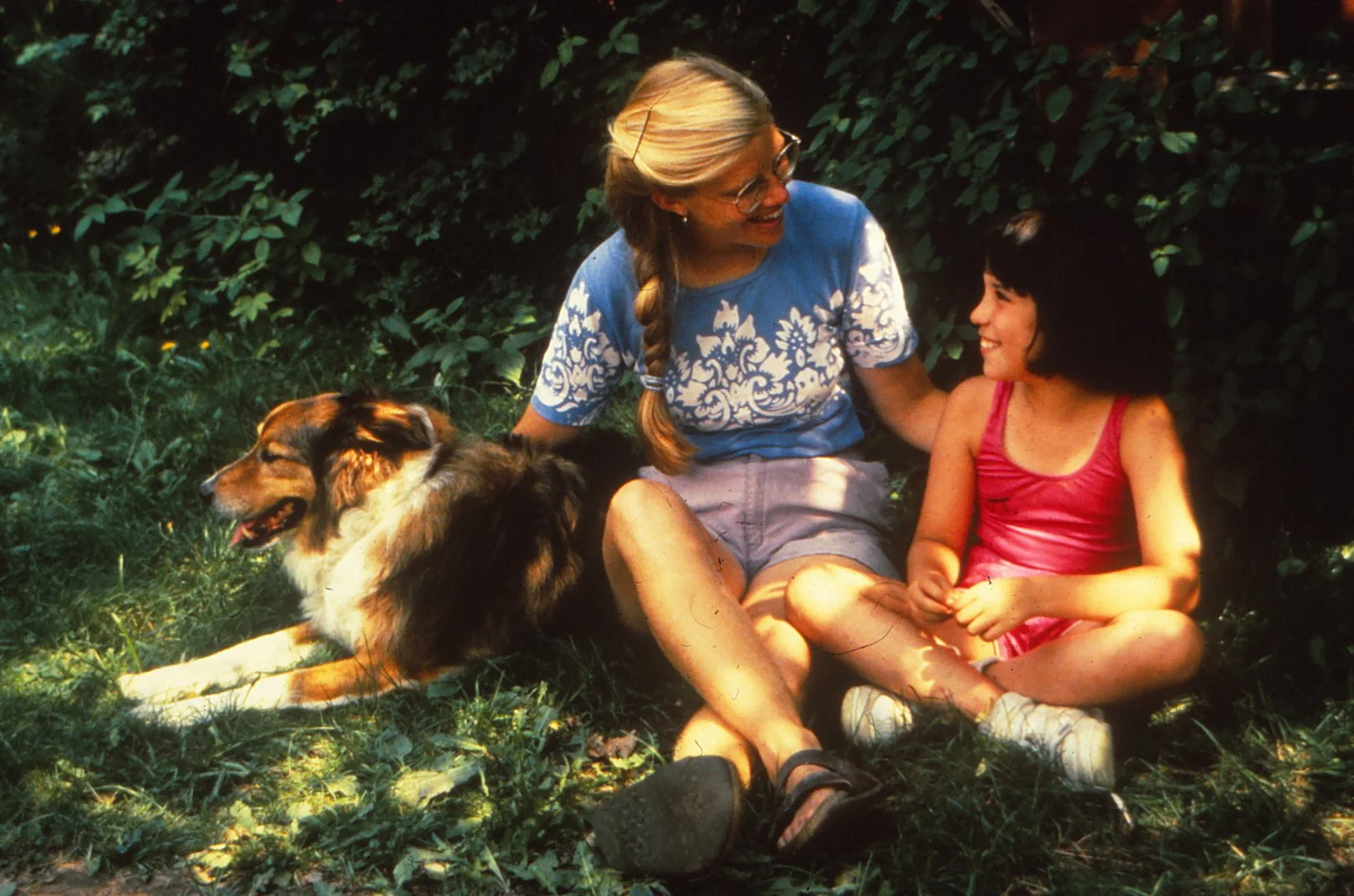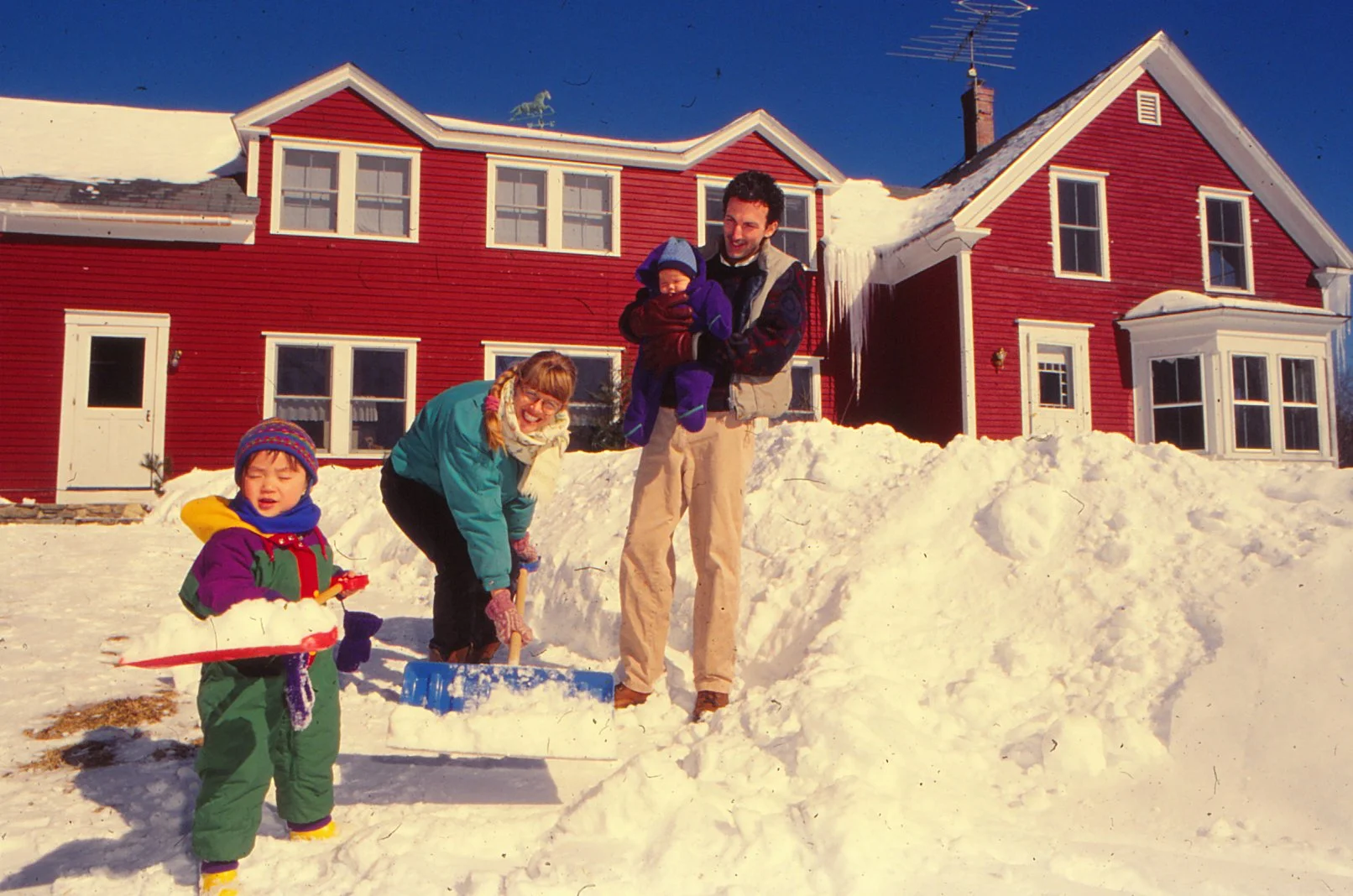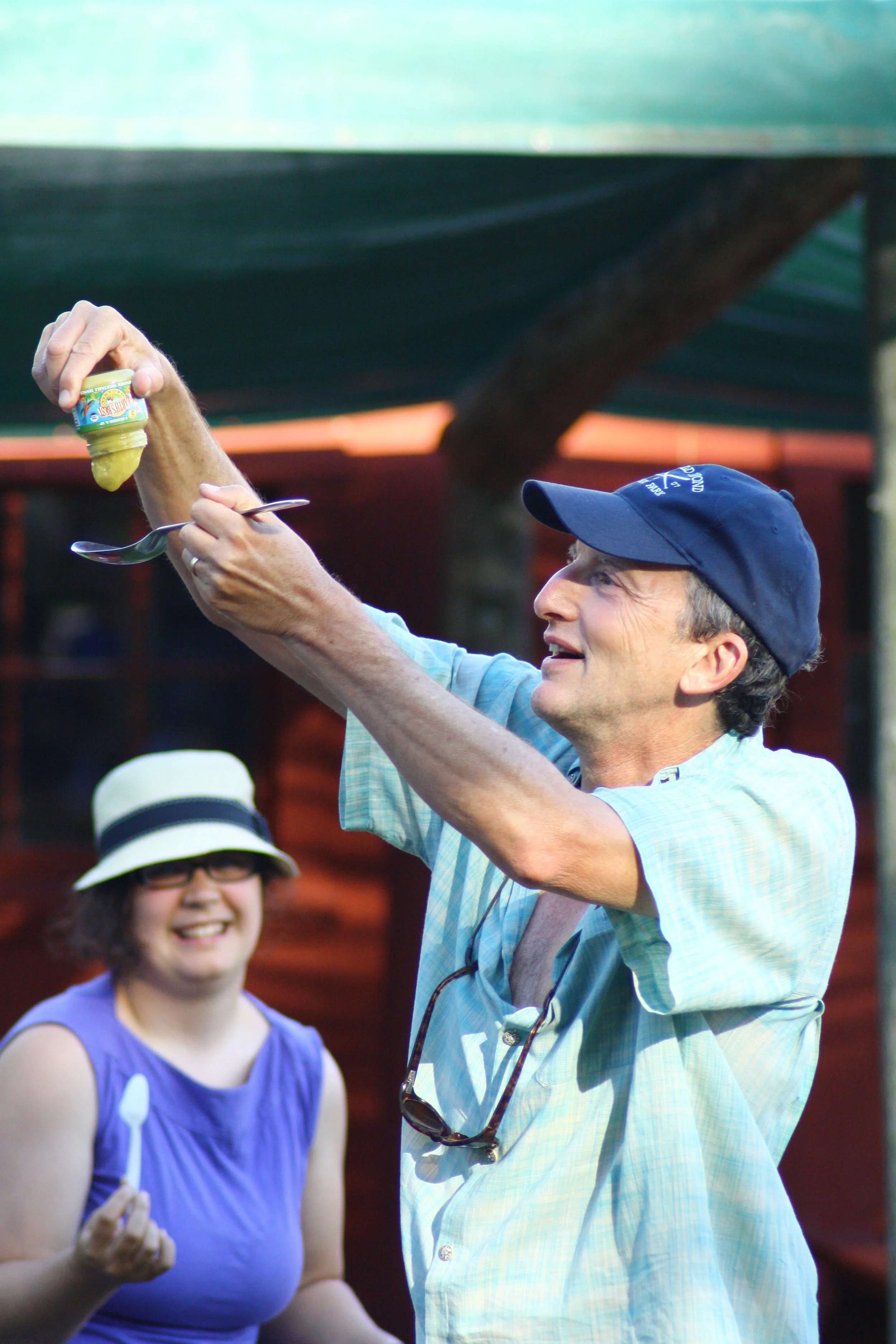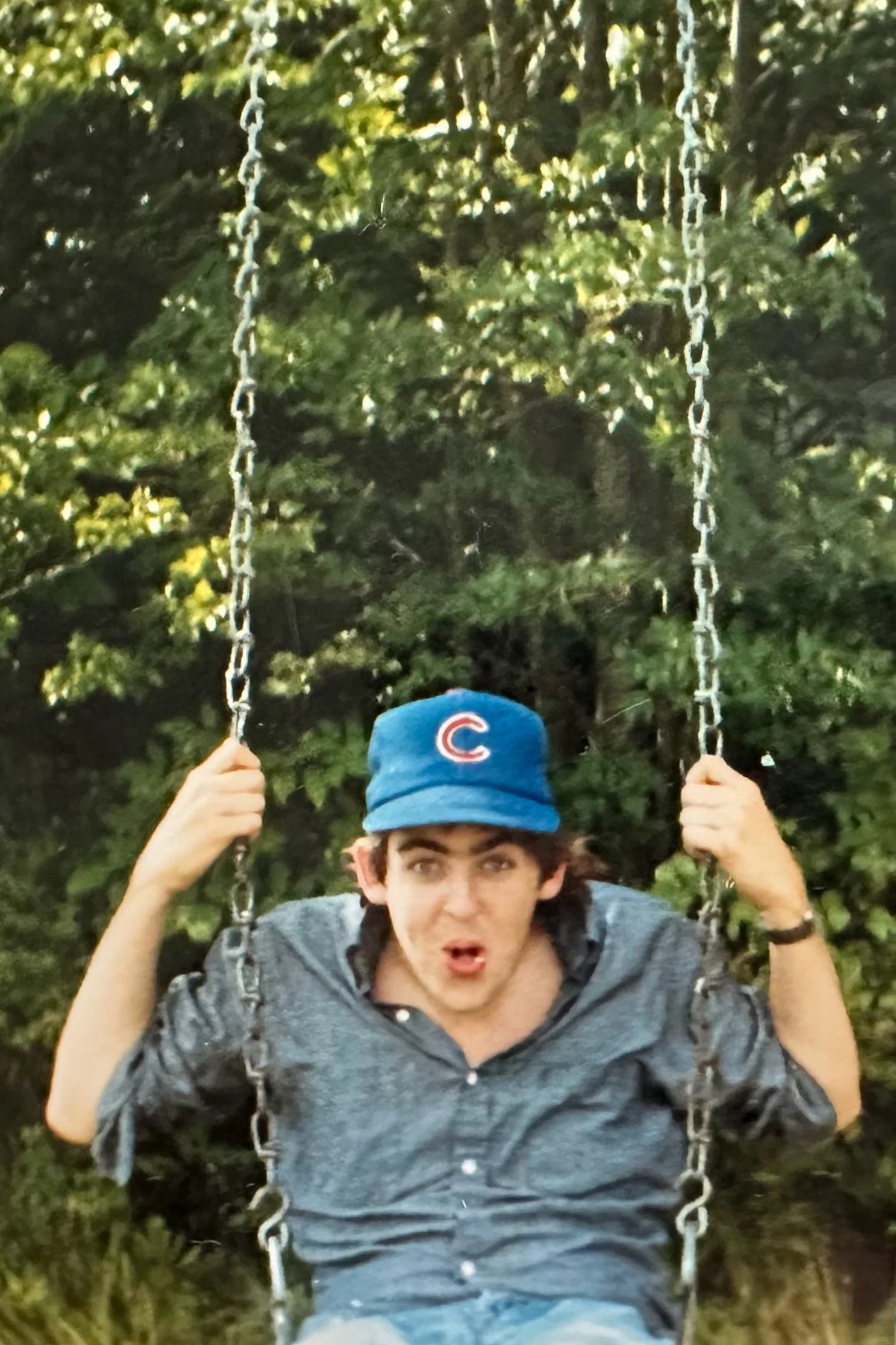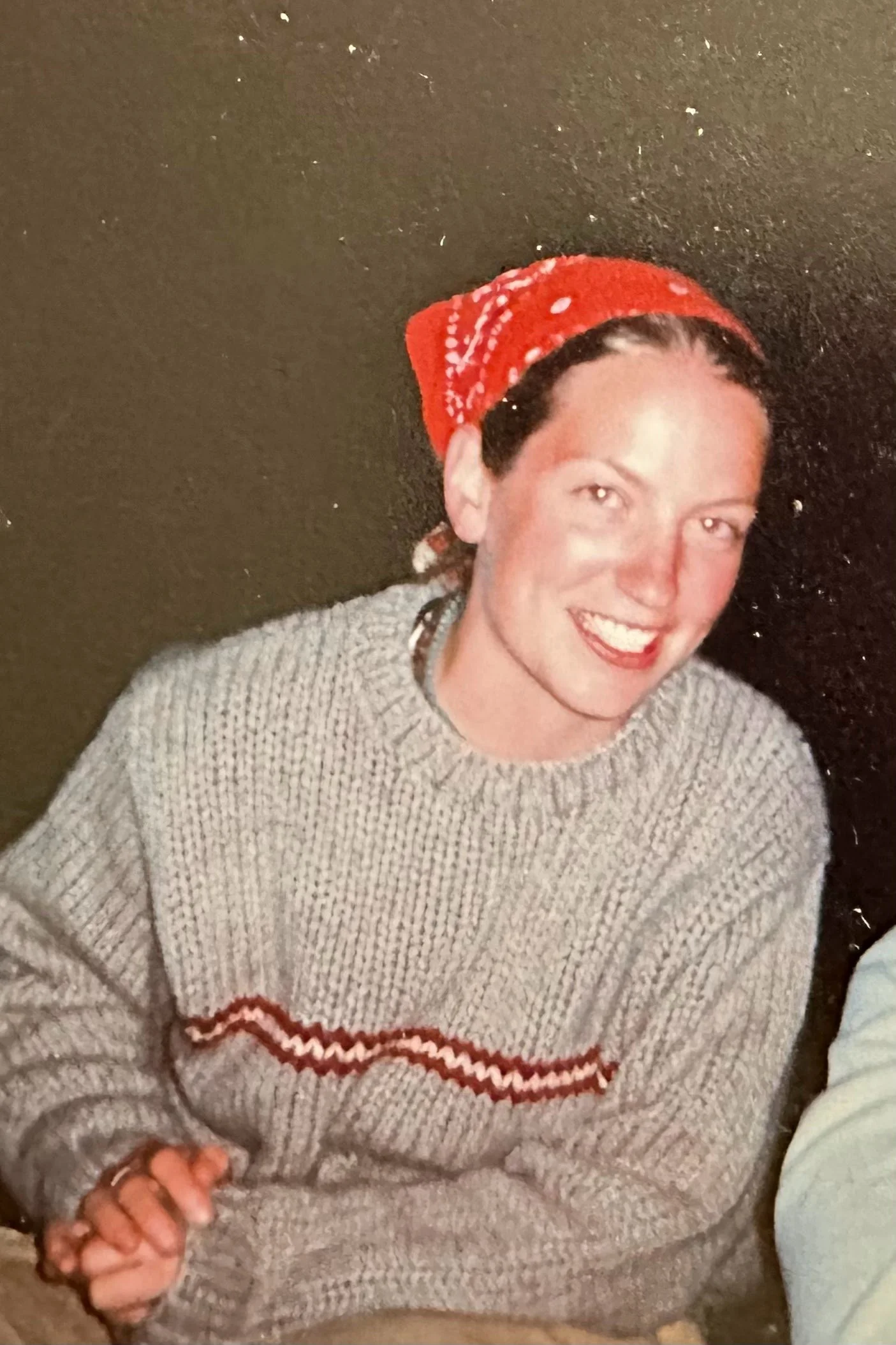
Hidden Valley has been serving the
camper community since 1948
Maine History Begins with Indigenous People
About 12,000 years ago, the first humans migrated here. These Native American tribes, including the Penobscot and Wawenok who lived in our coastal area, formed the Wabanaki confederacy. The Wabanaki – meaning “people of the dawnland” – created semi-permanent settlements and lived off of abundant wildlife. One significant hunting ground was about 2-3 miles down the road that comes through HVC. This road was a significant Native trading route.
Colonists arrived about 400 years ago and violently displaced the Native people. They created towns and farms in the areas they cleared, including those in mid-coast Maine. Hidden Valley’s secluded 350+ acres supported homesteads similar to those still common to northern New England. "Old-timers" passing through tell us stories about their childhood walks to and from school, picking up fresh milk on the front steps of our farmhouse on the way home.
A Summer Camp Emerges
In 1948, Hidden Valley started out as a work and farm camp for twelve teenaged campers. This small group and their directors (and the founders of Hidden Valley) Hal and Dean Tiffany, converted a manure filled dairy barn into living and eating space. This Red Barn later became our first dining hall and is now a community center with a library, fireplace, video studio and game area.
These pioneering campers also constructed new buildings to provide living space. These structures — with names like The Loons, Tasker Hall, and the Buckhorn — now host programs such as dance and batik. Testimonials on this page describe camp life in those early days.
At its height, this incarnation of Hidden Valley hosted 75 campers. In 1964, the Tiffanys decided to retire — the responsibilities of caring for such a "large" camp having caught up with them — and put the camp up for sale. They began to spend summers in a cottage which has since become the camp office.
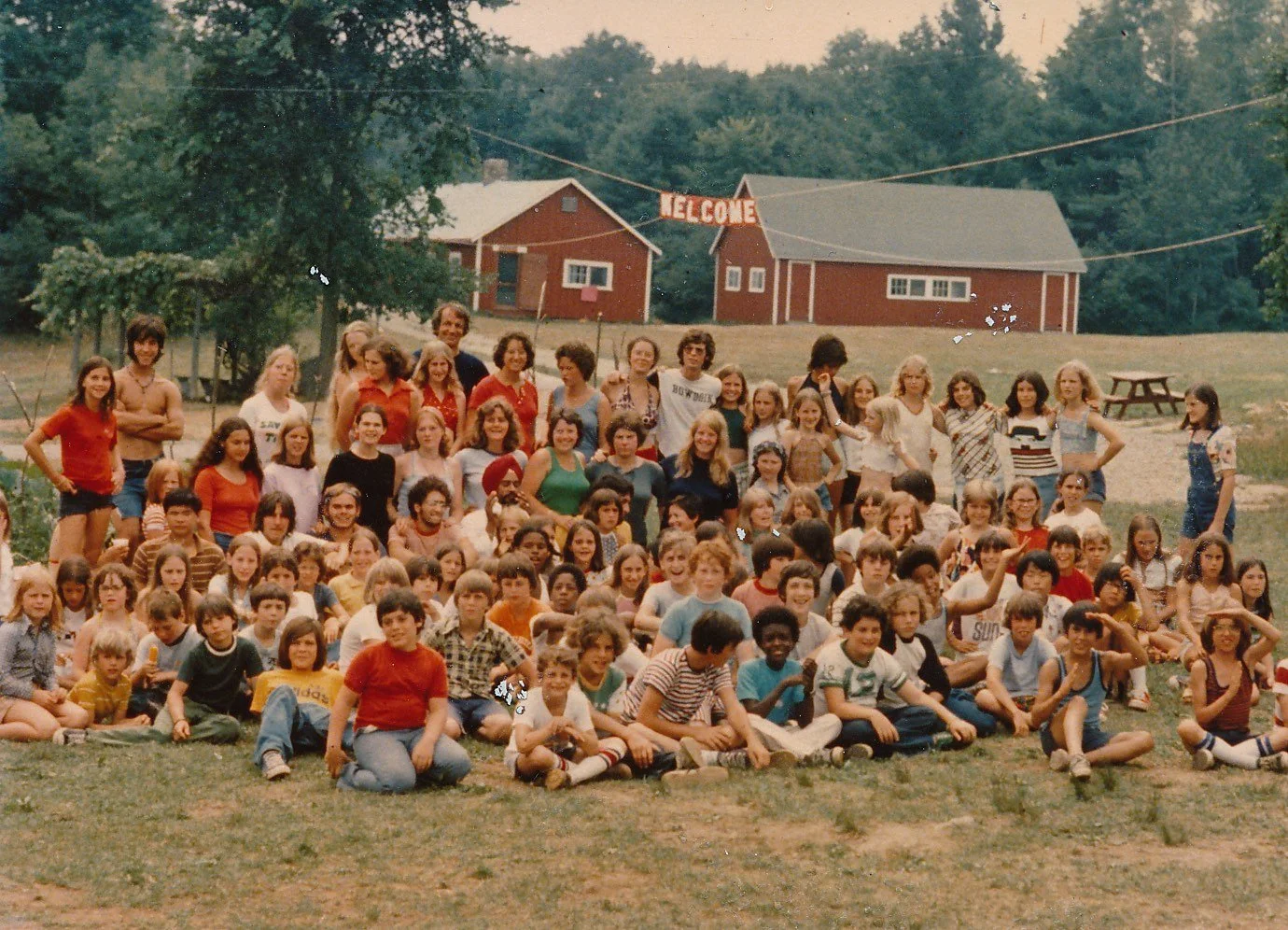
The Stager Years
In 1969, Jay and Shirley Stager purchased the camp. In those days, the camp hosted 90 campers that lived in what is now the Red Barn. Among the campers Peter Kassen and his brothers. The Stager's ideal of an interracial, non-denominational, non-competitive camp was visionary and groundbreaking. Over time during the 70's and 80's, campers moved out of the barn and into cabins which now house over 200 children.
The Stagers also established camping's first and only llama herd. Their time is also known for its pioneering and inspired internationalism - beginning our tradition of hosting staff and campers from every continent - and the introduction of many new art forms to the HVC program.
The Kassen Years
Meanwhile, Peter and Meg met at nearby Med-O-Lark Camp which they directed from 1979 to 1986. Married in 1985, the Kassens took over at Hidden Valley when Jay retired in 1988.
In addition to shepherding the physical growth of the camp, Peter and Meg moved the camp community forward, expanding HVC’s commitment to the arts, introducing a host of staff training opportunities, developing teen programs, broadening Hidden Valley's idea of diversity, and deepening the camp’s focus on cabin and community life. We also look back, with camp programs and summer conversations educating staff and campers about the indigenous roots on HVC's 350+ acres.
All of HVC's founders are memorialized in Founders Park, the site of the Tiffanys original cabin, next to camp's office.
In 2017, Jay was honored posthumously for his pioneering efforts to enrich camp communities through the participation of international staff and campers. At the same conference, the American Camp Association New England recognized Peter's achievements in educating the camping movement about inclusion of transgender participants.
The Durrett Years
April and Wes Durrett have been members of the Hidden Valley Camp community since 2000 and 1988 respectively. They met at Hidden Valley, had two daughters that enrolled both in camp for 10+ years as campers, AWACs, and are now camp staff. April and Wes have been counselors, pro-staff, year-round staff, and camp consultants for Hidden Valley and are invested in long term sustainability and continuation of the founding philosophies that make HVC such a special place. They took the helm in the fall of 2024 with 2025 being their first summer as directors.
Ready for Summer?
Complete your enrollment today and get your camper ready for an amazing summer experience.

